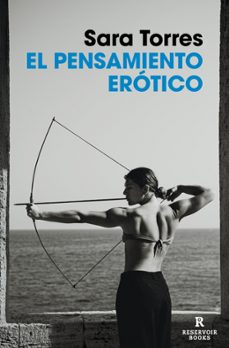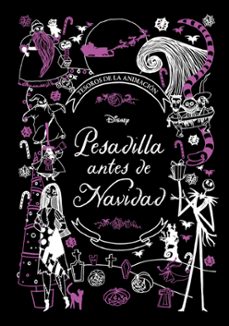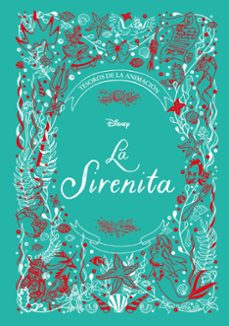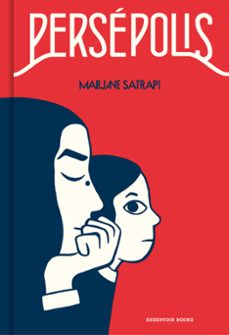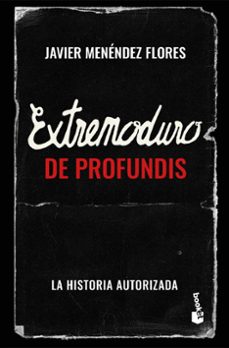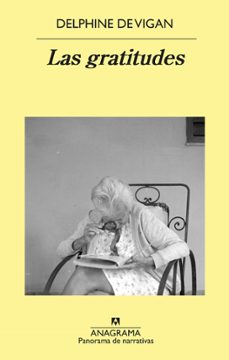📗 Libro en inglés LADY NITWIT / LA DAMA BOBA
BILINGUAL REVIEW PRESS- 9780927534741
Sinopsis de LADY NITWIT / LA DAMA BOBA
La dama boba/Lady Nitwit is an excellent character study of a female scatterbrain made wise in the ways of the world through the power of love. The plot moves rapidly from one delightfully comic situation to another, evoking the contradictions encountered in the course of love, as witnessed in the following scene between the heroine and her would-be lover: Laurencio: ... Just look at the trouble that''s come on the heels of your transformation since ... oh, what a plight ... since Liseo has now gone to ask for your hand again. He''s abandoned your sister and is going now to marry you and I am going to die Would to God you''d never learned to speak. Finea: Laurencio, how am I at fault? I learned all I know inspired by your virtues. Conquered by your compliments, I learned to talk in order to talk to you. I read books, the better to read your letters; I write in order to answer them. Love has been my teacher, love has made me learn, and you are the science I have mastered. What displeases you in this? The dialogue sparkles with humor and repartee. The theme is universal in its appeal, and the treatment given it by Lope has the ring of modernity that makes this play one of the best comedies in his repertory. This edition features a prose translation of the original seventeenth-century play in facing-page format.
Ficha técnica
Editorial: Bilingual Review Press
ISBN: 9780927534741
Idioma: Inglés
Número de páginas: 182
Tiempo de lectura:
3h 42m
Encuadernación: Tapa blanda
Fecha de lanzamiento: 26/07/2017
Año de edición: 2017
Plaza de edición: Eeuu
Especificaciones del producto
Escrito por Félix Lope de Vega y Carpio

Madrid, (1562-1635). Félix Lope de Vega y Carpio, poeta, novelista y dramaturgo, vivió su infancia en Sevilla y estudió en las universidades de Alcalá y Salamanca. Afincado en Valencia tras sufrir destierro en Madrid por los contenidos de unos libelos por él escritos, Lope cultivó todos los géneros literarios vigentes en su tiempo con gran éxito y profusión. La gran parte de sus obras están inspiradas en leyendas y en ellas, la acción domina por encima del contenido moral y filosófico. Sus composiciones rompieron con el teatro renacentista clásico, gracias al uso de la polimetría y al empleo de un lenguaje accesible al pueblo, creando un estilo propio que ha tenido una innegable influencia en la literatura española.
Descubre más sobre Félix Lope de Vega y Carpio Recibe novedades de Félix Lope de Vega y Carpio directamente en tu email
Opiniones sobre LADY NITWIT / LA DAMA BOBA
¡Sólo por opinar entras en el sorteo mensual de tres tarjetas regalo valoradas en 20€*!




